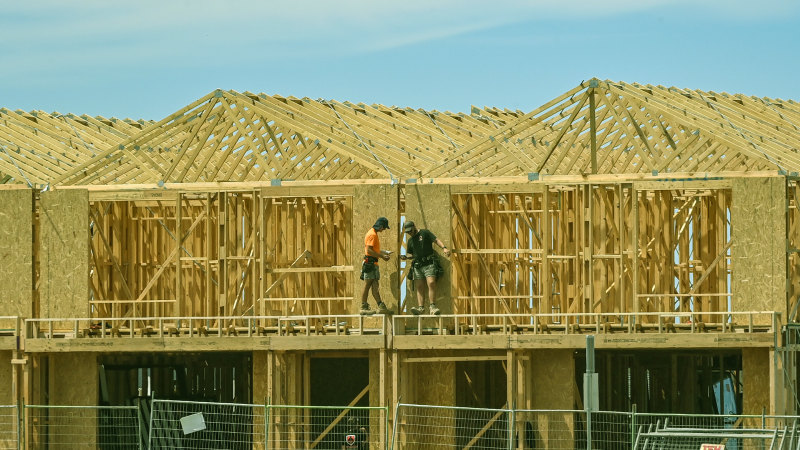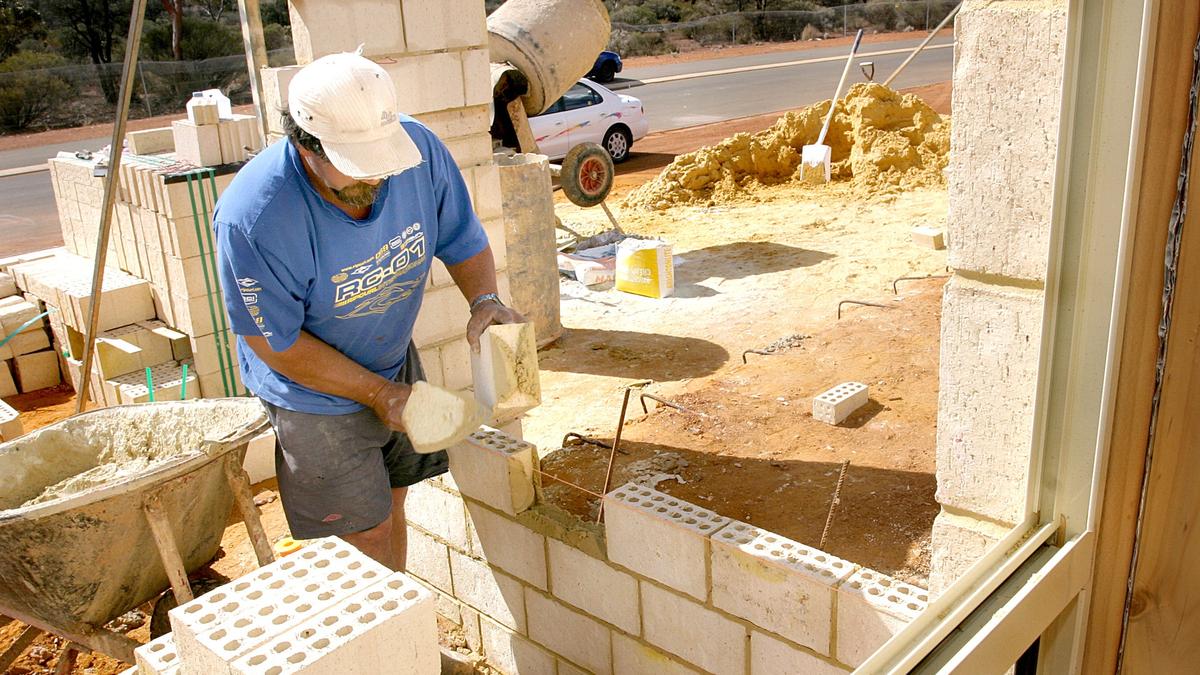
The federal government has announced the formation of a “strike team” aimed at expediting the approval process for over 26,000 homes currently stalled due to environmental checks. This initiative is part of a broader strategy to address the ongoing housing crisis and to achieve the ambitious target of 1.2 million new homes by 2029. The measures will take effect immediately, following calls for reduced bureaucratic barriers at an economic reform roundtable held this week.
The urgency of these changes arises from concerns that the government’s progress towards its housing goal has stagnated. According to the National Housing Supply and Affordability Council, the government is projected to fall short by 262,000 dwellings. In response, a four-year moratorium on updates to the National Construction Code, a comprehensive regulatory framework governing various construction standards, will be implemented. This code, which spans 3,000 pages, has faced criticism for its complexity, with some in the construction sector arguing that it has hindered the timely delivery of new housing.
During the recent meeting, participants, including Housing Minister Clare O’Neil, emphasized the necessity of these changes. O’Neil has consistently advocated for reforms to streamline the housing approval process. The proposed pause on updates to the construction code will allow the government to reassess how frequently revisions are made and to determine how artificial intelligence can facilitate user navigation within the code.
The establishment of the strike team will occur within the Department of Climate Change, Energy, the Environment and Water. It aims to fast-track the environmental assessments for the 26,000 homes caught in the approval backlog. While these assessments will still adhere to essential environmental protection regulations, developments with strong applications will be prioritized for quicker evaluation.
In addition to the strike team, the government will explore how artificial intelligence can enhance the efficiency of environmental assessments and approvals. Specific details regarding the implementation of these AI tools have yet to be disclosed.
O’Neil stated, “We want builders on site, not filling in forms to get their approval. In the middle of a housing crisis a generation in the making, we want builders building good quality homes of the future – not figuring out how to incorporate another set of rules.”
The Property Council of Australia has expressed support for these measures, underscoring the need to accelerate housing approvals without compromising quality standards. The government’s comprehensive approach aims not only to alleviate the current housing shortage but also to create a more efficient construction environment for the future.
As the government implements these initiatives, the focus remains on ensuring that housing developments can proceed swiftly while maintaining adherence to crucial environmental regulations. This dual approach seeks to strike a balance between rapid growth and sustainability, addressing the pressing demand for housing in the current climate.





